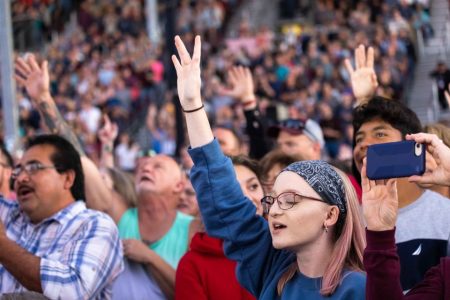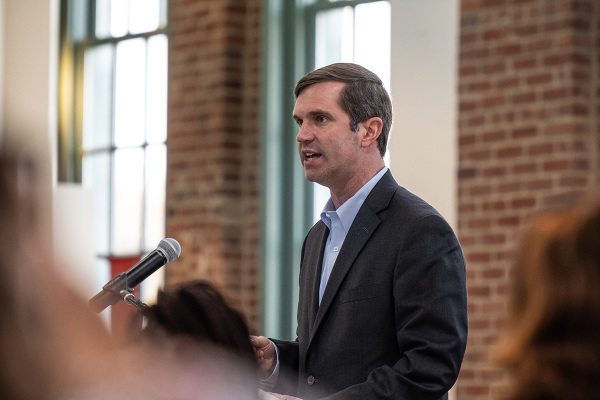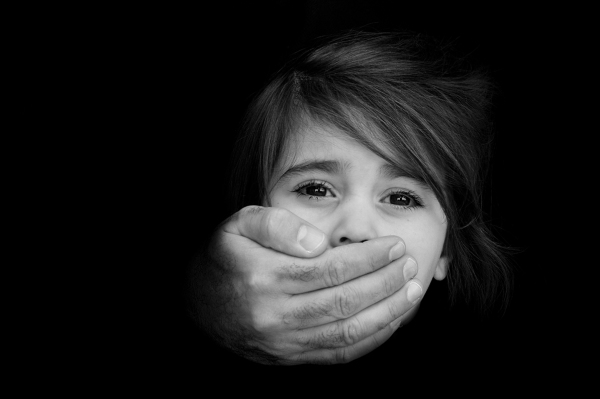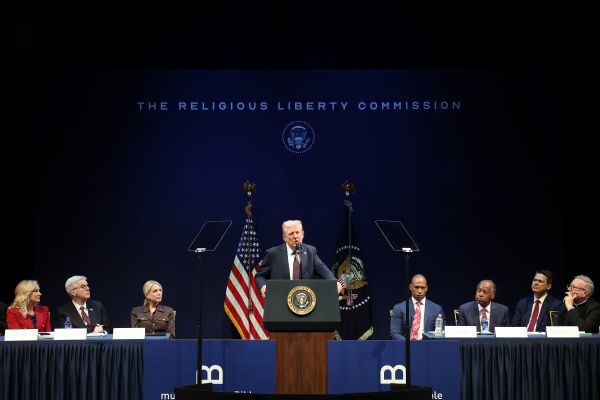Nearly 2 in 5 Americans think religion makes the country stronger: poll

Nearly four out of 10 adults living in the United States believe that religion makes the country stronger, while fewer than one in 10 believe it makes it weaker, according to a new poll by Ipsos and The Episcopal Church.
In a study titled “Jesus in America” released last week and written as a partnership between Ipsos and the Episcopal Church, 38% of respondents said they believe that religion in the U.S. “makes the country stronger,” which was the most popular response.
By contrast, 28% of respondents said they believe religion in the U.S. “divides the country,” while 20% said they did not know, and 7% said it had “no effect.” Only 6% said they believe religion “makes the country weaker.”
For their data, The Episcopal Church and Ipsos used a survey of 3,119 U.S. adults conducted from Nov. 22 to Dec. 2, 2021, with a margin of error of +/- 2.0 percentage points at the 95% confidence level.
Those who said they believe religion “divides the country” included 21% of Christian respondents, 38% of respondents belonging to other religions and 50% of non-religious respondents.
Additionally, the survey found that only 11% of respondents believe that the Jan. 6 Capitol protests were associated with an organized religion, with 63% saying that the protests had no such association and 25% replying that they did not know or did not want to answer.
However, for those who did associate Jan. 6 with a religion, most associated it with the “Evangelical or Protestant Christian” religion, with 50% of Christian respondents and 76% of non-Christian respondents agreeing with this view.
The study also reported that Generation Z Americans — those born after 1996 — were slightly less likely to be non-religious than millennials (Gen Y), who were born between 1981 and 1996.
According to the survey, 24% of Gen Z respondents identify as non-religious, while 28% of millennials identified the same. By contrast, 12% of baby boomers and 18% of Generation X identify as non-religious.
Among respondents who said their opinion of Jesus had shifted within the last five to eight years, 76% of Gen Z said their opinion changed to be positive, while 65% of millennials said the same.
According to a Pew Research Center report released in November 2019, 55% of respondents believed that religion did “more good than harm” to society, while 20% believed it did “more harm than good.”





















